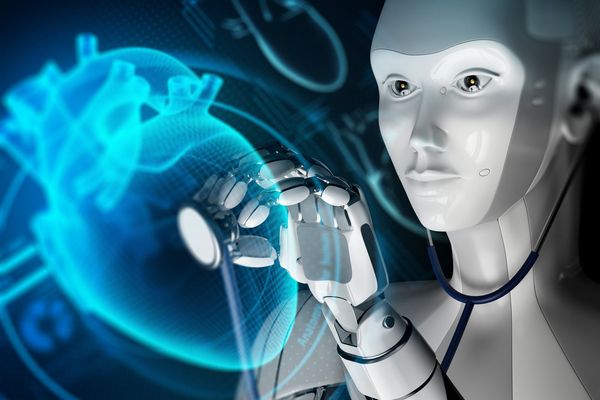Artificial intelligence is continuing to impact society, particularly in healthcare, as “AI doctors” are being tested in China.
The technology developed by Tsinghua University’s Institute for AI Industry Research (AIR) includes 42 AI doctors covering 21 departments in what has been named “Agent Hospital,” as detailed in an AIR blog post from last year.
As part of the AI hospital, the doctors, nurses and patients are driven by large language model (LLM)-powered intelligent agents, which can generate autonomous communication.
This model can simulate “a closed-loop process that encompasses pre-hospital, in-hospital, and post-hospital stages, including illness onset, triaging, registration, consultation, examination, diagnosis, prescription, rehabilitation, and follow-up”.
From analysing medical literature, along with making decisions about patients’ treatment, the AI doctors seek to refine and improve their skills from experience.
Meanwhile, on a MedQA dataset covering major respiratory diseases, the virtual doctors achieved a 93.06 per cent accuracy rate.
AI hospital town is set to transform the way doctors diagnose and treat patients, bringing immense benefits to both medical professionals and the general public, Liu Yan, the lead Agent Hospital researcher from Tsinghua University, said
But researchers have to follow strict national medical regulations by understanding the best ways for AI and human collaboration, and ensuring technological maturity.
As for the future, the team are finding ways to improve and refine the diseases the AI doctors, and Yan reckons it’s almost ready for it to be applied in practice.
